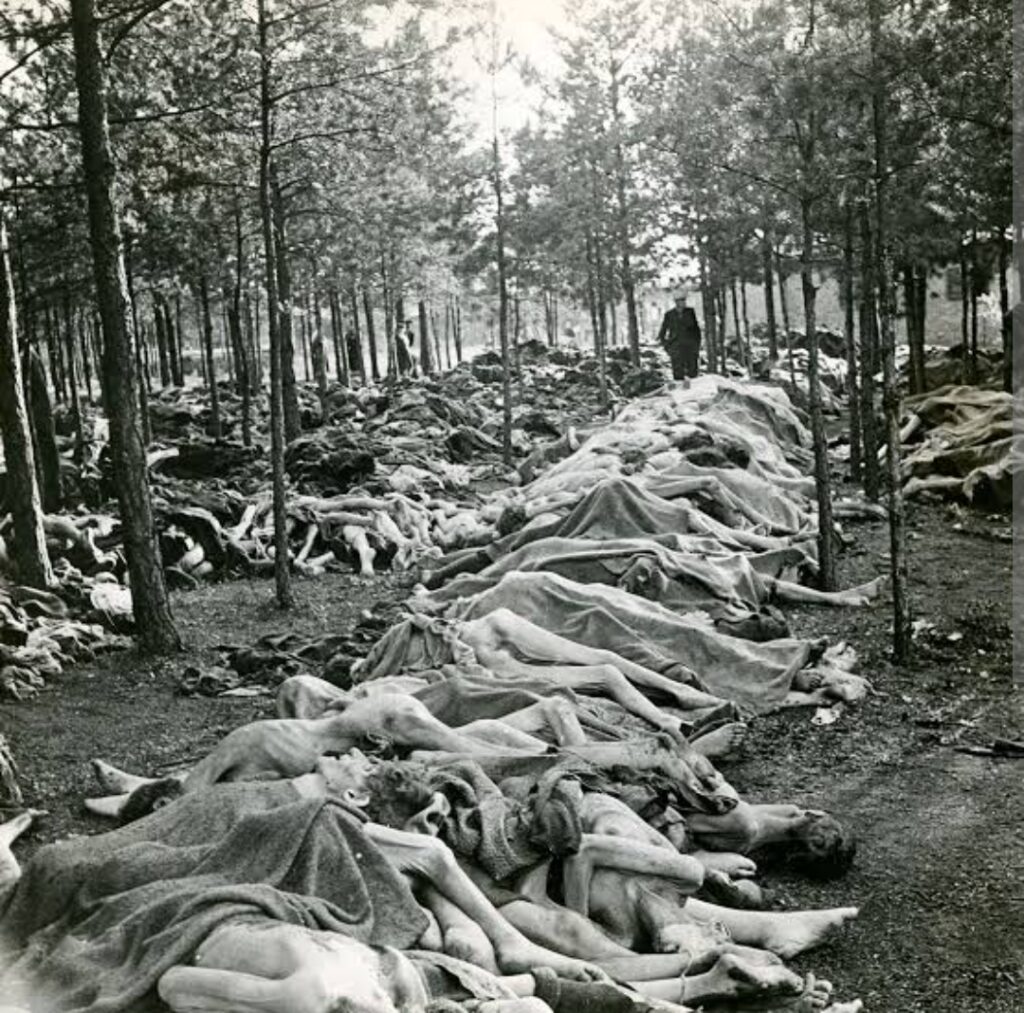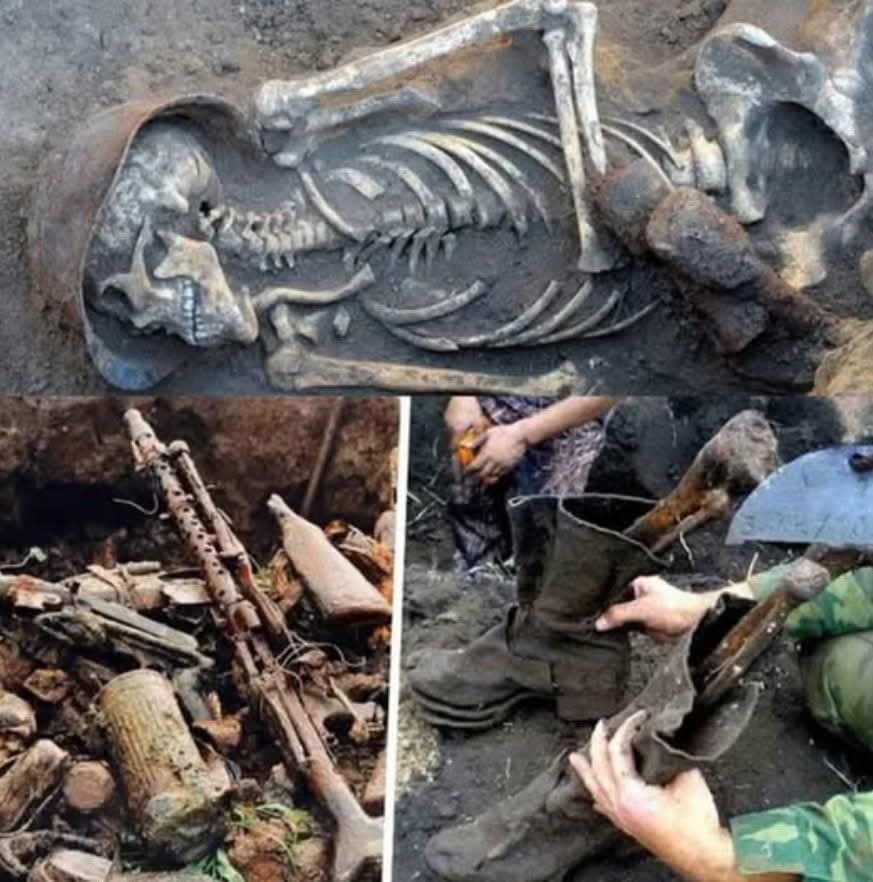The deadliest and most destructive war in human history claimed between 40 and 50 million lives, displaced tens of millions of people, and cost more than $1 trillion to prosecute. The financial cost to the United States alone was more than $341 billion (approximately $4.8 trillion when adjusted for inflation). Nearly one-third of homes in Great Britain and Poland were damaged or destroyed, as were roughly one-fifth of those in France, Belgium, the Netherlands, and Yugoslavia. In Germany’s 49 largest cities, nearly 40 percent of homes were seriously damaged or destroyed. In the western Soviet Union, the destruction was even greater.
The human cost of the war can hardly be calculated. Civilian population centers were intentionally targeted by both the Axis and the Allies. Planes of the U.S. Army Air Forces burned scores of Japanese cities to the ground with incendiary bombs before Hiroshima and Nagasaki were destroyed with atomic weapons. Japan’s troops in Asia enslaved some 200,000 women to act as sex workers (“comfort women”) and often acted with a general disregard for human life, especially toward prisoners. Unit 731 of the Imperial Japanese Army carried out horrific medical experiments on thousands of prisoners of war and civilians; men and women were subjected to chemical and biological agents and vivisected to survey the results.
After agreeing to a partition of Poland with Germany, the Soviets slaughtered as many as 20,000 Polish prisoners of war at Katyn. The Molotov-Ribbentrop Pact guaranteed Soviet hegemony over the Baltic states, and tens of thousands of people were killed or unjustly imprisoned after the Soviets invaded Estonia, Latvia, and Lithuania. The troops of the Red Army used mass rape as a terror tactic as they advanced into Germany; using medical records and written requests for abortions as data points, experts estimated 100,000 women were raped in Berlin alone. Claims of war crimes carried out by the Red Army were generally dismissed by the Soviets as Western propaganda, however. When these actions were acknowledged, the Soviets professed that they were justified given the treatment of Soviet civilians by the Wehrmacht and SS troops.
The institutional scale of the Third Reich’s crimes against humanity makes it clear that the Holocaust was not merely a by-product of the Nazi war effort but a goal in itself. Hitler laid the bureaucratic groundwork for the mass destruction of European Jewry with the T4 Program, a targeted “euthanasia” campaign that sought to purge Germany of the infirm or disabled. These people—who ranged from newborns to the elderly—were deemed nutzlose Esser (“useless eaters”) possessing lebensunwerten Lebens (“life unworthy of life”), and they were murdered by the tens of thousands. The T4 Program proved the efficacy of gas chambers as implements of mass murder, and they became a key element of the “final solution” proposed by SS official Reinhard Heydrich at Wannsee on January 20, 1942:
Another possible solution of the problem has now taken the place of emigration, i.e. the evacuation of the Jews to the East, provided that the Führer gives the appropriate approval in advance.
These actions are, however, only to be considered provisional, but practical experience is already being collected which is of the greatest importance in relation to the future final solution of the Jewish question.
Approximately 11 million Jews will be involved in the final solution of the European Jewish question…
It was understood by all attendees that “evacuation of the Jews to the East” was a euphemism for the Vernichtung (“annihilation”) of millions of people. That Heydrich, Adolf Eichmann, and the genocidal apparatus they constructed fell short of their goal of “11 million Jews” was due to advancing Allied armies and not to any lack of effort on the part of the Nazis.











Leave a Reply